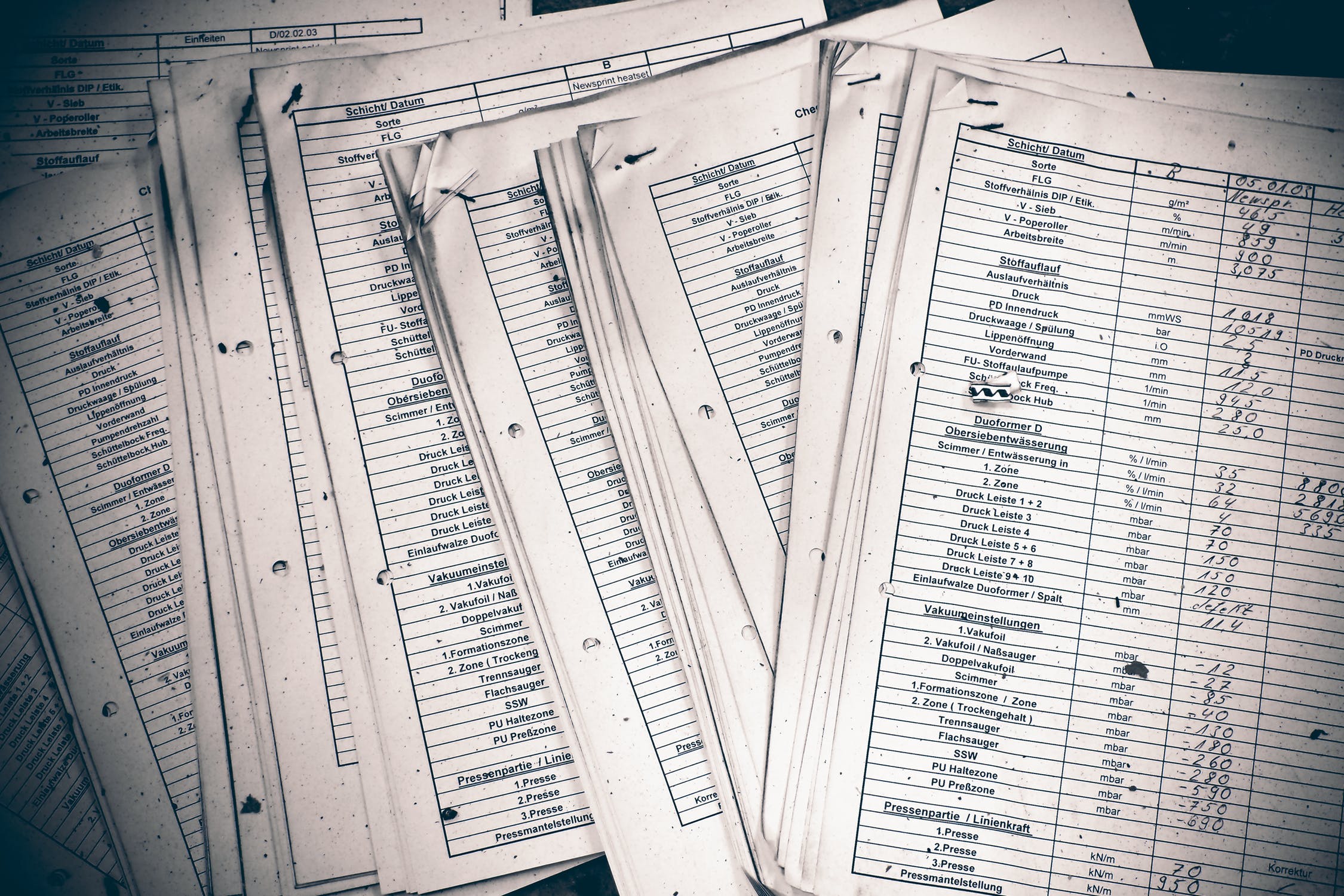Keep your Bankruptcy Papers
Life is full of papers we don’t need but have laying around the house anyways – junk mail, old receipts for things we won’t return, old school work, even decades old pay stubs. As a society that’s working towards becoming paperless, we’ve got a long way to go. But what about bankruptcy papers, especially your discharge paperwork? How long should you keep those? Honestly, outside of your will, no document should be treated with more reverence than that discharge paperwork.
Storing Important Papers
When it comes to your tax returns, keeping your return along with any supporting documents for seven years after filing is a good practice. If you’re late paying the tax, keep the return seven years from the date you paid or ten years from when you actually filed your taxes (whichever is later).
Like your taxes, receipts are also important, especially if there’s a warranty In the event that a warranty exists, keep the receipt until the warranty runs out. If there is no warranty, keep the receipt for anything you might need to take back, until the return period is up. If you are able to deduct the item as a tax expense follow whatever rules have been laid out by your accountant.
Even though your documents and discharge order seem like financial documents that could be treated the same as your tax returns, they are NOT. They are vastly more important and should be kept for the rest of your life.
Why Keep Bankruptcy Papers Forever?
The long and short of it is that creditors might re-emerge even decades later and try to collect on a debt that was part of your bankruptcy. Being able to show the debt was discharged as part of your bankruptcy can put the breaks on collection actions for debts you don’t legally owe.
Additionally, creditors often sell off bad debt in large chunks of hundreds, thousands and even hundreds of thousands of accounts. Bad debt buyers often pay pennies on the dollar but are looking to make a quick buck. They are usually aggressive and quite often unscrupulous. By having your bankruptcy documents on-hand, you can quickly shut them down and keep old items that you took care of years ago from popping back up on your credit report.
In some states, especially when applying for a professional licenses such as a doctor, lawyer, nurse or teacher, you may have to prove that your bankruptcy was discharged in order to actually receive your license. Having copies of your paperwork can prevent a delay in your licensure.
Which Bankruptcy Documents Should You Keep?
The short answer? Everything you have. Getting copies of your bankruptcy documents from your lawyer is often a time consuming process, especially if your case was discharged more than 7 years ago or the copies have been moved to off site archives. Obtaining your bankruptcy documents from federal court officials can be costly and even more time consuming than getting them from your lawyer.
As with all important documents, it is best to have your own archive readily accessible. That way you don’t have to scramble to get copies if something crops up that requires these papers. These are the documents you need to keep ideally:
- Bankruptcy petition, supporting schedules, and exhibits
- Statements, disclosures, and declarations
- Mailing list of creditors
- Proof of income and social security proof filed with petition
- Notices from the bankruptcy court, your attorney or the Trustee.
This is the document you absolutely must keep at all costs
- Final bankruptcy discharge
This can usually be pages and pages of information. A bankruptcy petition will average between 40 and 80 pages once you account for the schedules and supporting documents. Keep every page you get. Get a box, large envelope, a notebook or a safe deposit box and put them inside. It’s better to have too much than too little.
Put them in a safe place. Treat it like you would your will, the deed to your home, the title on your car or other important documents. Then just leave them there. Ideally, you never need them. If you do, you know where to find them so you can nip any problems in the bud, immediately.
Call the experts
The attorneys at Harmon and Gorove are experts at helping people navigate the ins and outs of Bankruptcy. Contact our office today for a free consultation with a qualified attorney to see how we can help you eliminate problem debts and get your life back.



